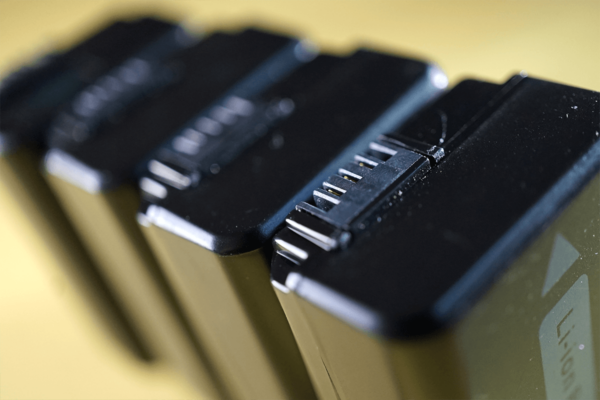Lithium-Ion battery safety concerns surge in Australia
Lithium-ion batteries are the most widespread portable energy storage solution – but there are growing concerns regarding their safety. Data collated from state fire departments indicate that more than 450 fires across Australia have been linked to lithium-ion batteries in the past 18 months – and the Australian Competition and Consumer Commission (ACCC) recently put out an issues paper calling for input on how to improve battery safety.
These Lithium-ion batteries are used in a wide range of hardware, from electric vehicles and electric scooters to mobile phones and laptops. Residential solar battery systems also utilise the technology, all the way up to grid-scale energy storage systems.
Unfortunately, as even Fire and Rescue NSW acknowledge, not enough is yet known about the probability of lithium-ion battery failure, their mechanisms of failure and potential consequences of failure.
Luke is joined by UNSW expert, Dr Matthew Priestley who says, “What we are worried about at the moment is the fact there is very little regulation regarding lithium-ion batteries and the safety aspect associated with that,” – “We want and need this energy storage technology to be safe because they are vital in the uptake of renewable energy and it’s important that the public and industry do not perceive it to be dangerous.
“I don’t think there is enough education regarding proper use, and storage, and recycling or disposal of lithium-ion batteries and that is the key moving forward.”
Dr Priestley is the lead academic on a project which will develop a short course aiming to educate tradespeople, the public, and other key stakeholders of the risks associated with high energy battery systems.
Download this podcast here
















